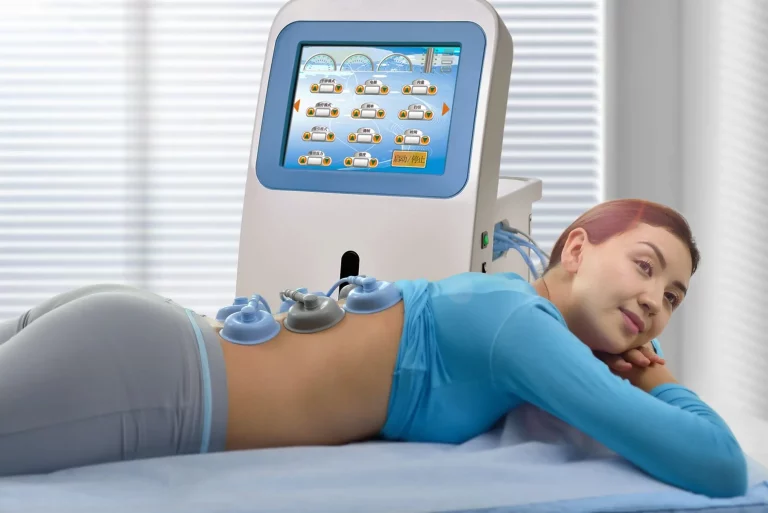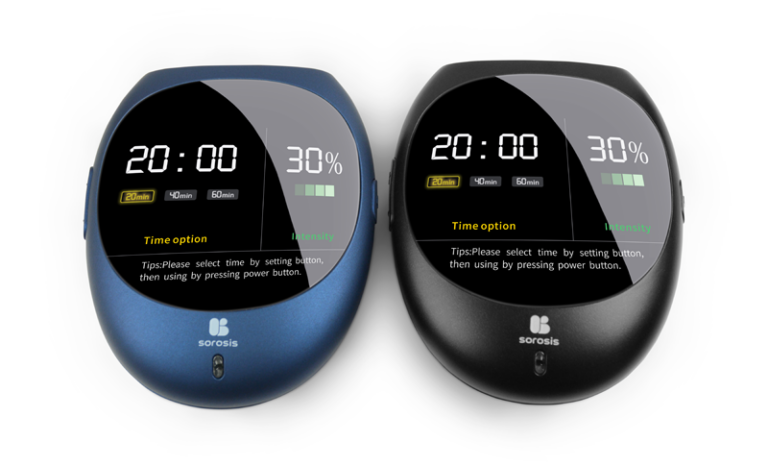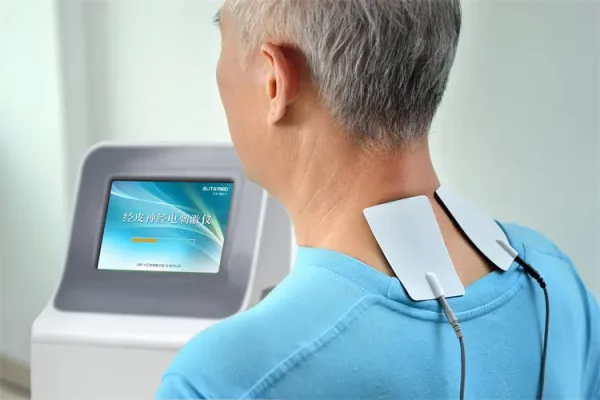CES cranial electrical stimulation is a non-invasive therapy that delivers low-level electrical currents to the brain via small electrodes placed on the head. These gentle pulses are designed to influence brain activity without pain or side effects. Scientists believe CES can support improved sleep, mood regulation, stress relief, and overall brain performance.
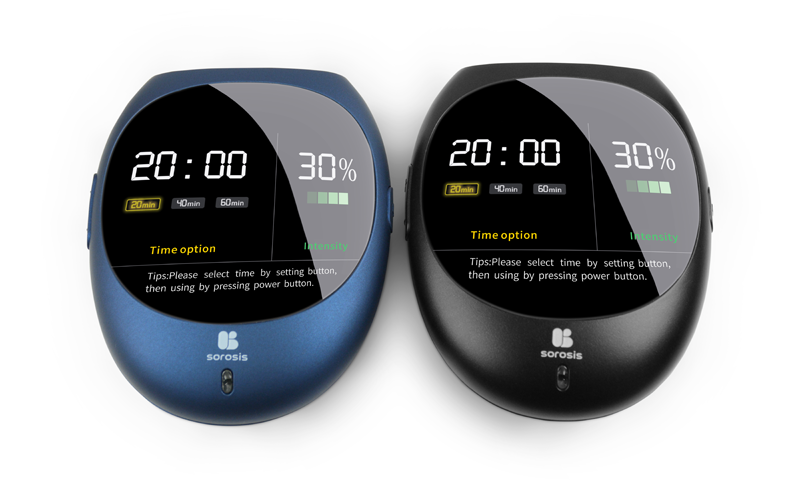
What Are the Effects of CES on the Brain?
Improved Sleep Quality
CES helps promote relaxation by increasing alpha wave activity, which is linked to restful sleep. Clinical studies show that regular use can shorten the time it takes to fall asleep and enhance sleep continuity.
Stress and Anxiety Reduction
By influencing neurotransmitters like serotonin and GABA, CES cranial electrical stimulation helps reduce stress and anxiety. Users often report calmer moods and lower cortisol levels after consistent sessions.
Enhanced Mood and Mental Clarity
CES may boost dopamine activity and improve neural connectivity, supporting better mood, focus, and cognitive performance, especially helpful for individuals balancing work with personal demands.
Pain Management Support
Some research suggests CES aids in chronic pain relief, including headaches and fibromyalgia, by modulating pain-related neural pathways.
EliteMedTech’s CES Devices for Home Use
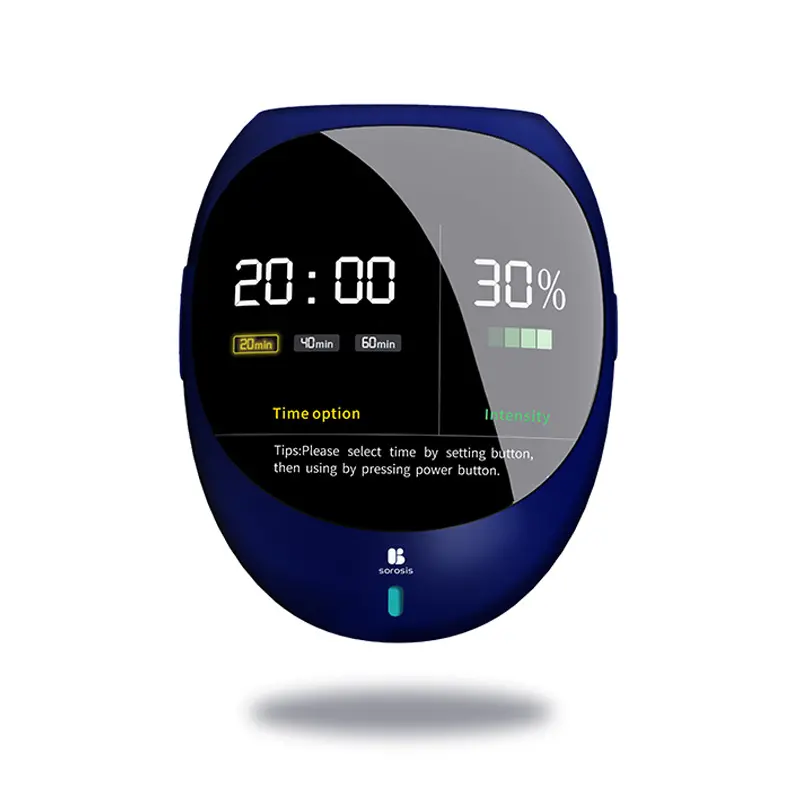
EliteMedTech offers a range of CES cranial electrical stimulation handheld devices designed for easy home use. These devices are compact, feature-rich, and designed with safety and comfort in mind:
- Elite Sleep CES Device: Specifically engineered for sleep support. It delivers adjustable electrical pulses and includes guided sleep routines.
- Elite Calm CES Device: Offers multiple intensity levels and pre-set programs tailored for anxiety relief and mood enhancement.
These devices come with clear instructions, rechargeable batteries, and user-friendly interfaces, making them ideal for daily self-care routines.
User Guide: How to Use CES Devices Safely
- Read Instructions: Familiarize yourself with the user guide and electrode placement.
- Clean the Skin: Ensure that the forehead or ear electrode sites are clean and dry.
- Choose Settings: Start with low intensity and increase gradually over sessions.
- Consistency Matters: For optimal benefits, aim for 20–30 minutes of daily use.
- Track Results: Keep notes on sleep quality, mood, or pain levels to measure progress.
Comparing CES with Other Sleep Aids
| Feature | CES Cranial Electrical Stimulation | Medication | Meditation/Apps |
| Non-invasive | ✔ | ✖ | ✔ |
| Minimal side effects | ✔ | ✖(drowsiness, etc) | ✔ |
| Promotes natural sleep | ✔ | ✖(can alter sleep cycles) | ✔ |
| Portable and convenient | ✔ | ✖ | ✔ |
CES strikes a balance between natural and effective sleep support without the drawbacks of medication.
Who Should Use CES Devices?
- Individuals experiencing sleep disturbances, anxiety, or mild pain
- Anyone seeking a drug-free, easy-to-use therapy
- People interested in long-term mental health maintenance
- Those preferring home-based therapy with smartphone compatibility
However, CES may not be suitable for individuals with pacemakers, epilepsy, or certain implants—always consult a healthcare provider before using.
Evidence Behind CES Benefits
Clinical studies validate CES effects:
- Improved sleep onset and sleep depth in adults
- Reduced cortisol levels and better stress control
- Lower anxiety scores in mild-to-moderate cases
- Reported reduction in headaches and chronic pain
EliteMedTech’s CES devices adhere to safety standards and are backed by research supporting CES cranial electrical stimulation benefits.
Conclusion
CES cranial electrical stimulation offers an evidence-based, practical solution for sleep enhancement, stress relief, mood support, and mild pain management. Its compact, user-friendly devices allow you to incorporate effective brain care into your daily life.
Take control of your well-being—get started with EliteMedTech’s CES devices today!

